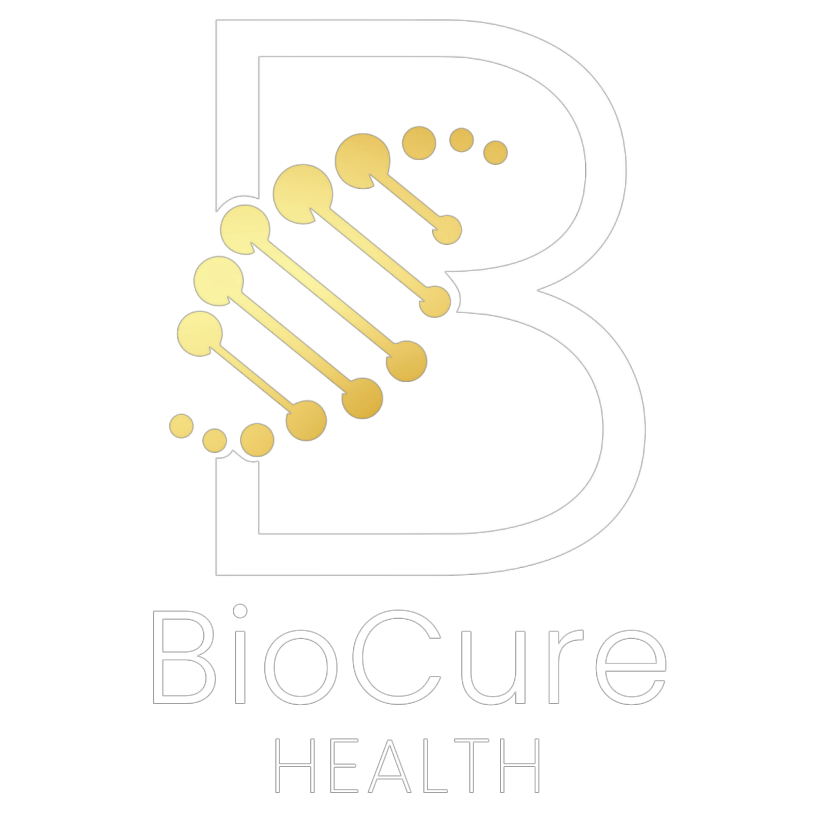When we think of cutting-edge medicine, most of us imagine high-tech surgeries, advanced drugs, or futuristic machines…but what if some of the most powerful breakthroughs come not from technology, but from microscopic messengers already working inside your body? Enter exosomes, tiny particles that may hold the key to changing medicine as we know it.
What Exactly Are Exosomes?
Exosomes are small, bubble-like structures released by nearly every cell in your body. Think of them as little packages filled with instructions. Inside, they carry proteins, lipids, and genetic material like RNA. Their job? To deliver messages from one cell to another, influencing how cells behave, repair, and even regenerate.
Imagine your body as a busy city. Cells are the citizens, and exosomes are the text messages they send to coordinate everything from construction projects (healing tissue) to crisis responses (fighting inflammation). Without this constant communication, the city would fall into chaos.
Why Are Exosomes So Important?
The discovery of exosomes has shifted how scientists view health and disease. Instead of being cellular “trash bags” (as once believed), exosomes are now understood as powerful messengers that regulate healing, immunity, and overall cell function.
Researchers are especially excited about exosomes because they can:
- Promote tissue repair by carrying signals that activate healing in damaged areas
- Reduce inflammation in conditions like arthritis or autoimmune disorders
- Influence aging by helping maintain cell health and communication
- Support regenerative medicine by acting as the active ingredient behind stem cell therapies
In fact, many experts believe that some of the benefits we see from stem cells may actually be driven by the exosomes they release.
How Could Exosomes Change Medicine?
Because exosomes can cross barriers in the body that drugs often can’t, they have the potential to treat a wide range of conditions. Scientists are studying exosome-based therapies for everything from heart disease and neurodegenerative disorders to chronic inflammation and skin rejuvenation.
Imagine repairing a damaged heart after a heart attack, calming an overactive immune system, or even reversing signs of aging, all by enhancing the body’s own cellular communication system. That’s the promise of exosome therapy.
Exosomes vs. Stem Cells
Stem cells have been the rockstars of regenerative medicine for years, but exosomes may be the “brains” behind their success. While stem cells can transform into new tissue, much of their healing power comes from the exosomes they release. This means exosome therapy could offer many of the same benefits, without needing the cells themselves.
It’s a simpler, more targeted way to deliver healing signals directly where they’re needed.
Final Thoughts
Exosomes may be small, but their impact on the future of medicine could be huge. By harnessing the body’s own communication system, these tiny messengers could transform how we heal, age, and fight disease. The world of medicine may never look the same once exosomes take center stage. To find out how Stem Cells and Exosomes may be able to help you, call or text us at 754-206-0383 to schedule a video consultation with one of our specialists.







